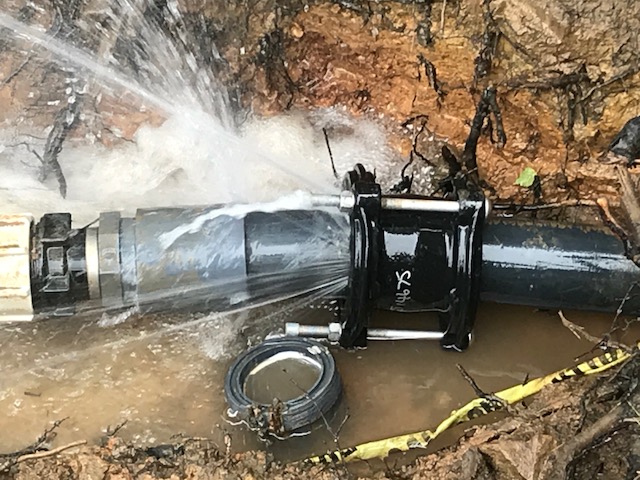News
Could Hosepipe Bans Be A Thing Of The Past?
Supplier Yorkshire Water has put forward proposals that could potentially bring an end to hosepipe bans during the hotter months of the year, using the likes of social media and targeted digital advertising to encourage people to reduce their water usage all year round.
This would help to reduce the need to bring in hosepipe bans and other mandatory measures during drier weather. Recent research from the water company shows that these bans are very unpopular with customers, with many saying that hosepipes are in fact important for carrying out personally important tasks, like enabling hobbies or time spent with family.
It’s estimated that when it comes to the average household daily water usage, only one per cent goes on the garden and one per cent on the car, so the argument is that hosepipe bans may not reduce demand on water supplies in any case.
Richard Flint, chief executive of Yorkshire Water, said: “Hosepipe bans were developed as a 20th century solution to drought, but we are now in a very different world.
“Social media means it’s now much easier to get messages to people and we have much more sophisticated ways of targeting information to make it easy for people to take action. We now need to ensure our drought plans reflect this, which might mean hosepipe bans are a tool that are no longer relevant.”
He went on to add that the benefit of working with customers in this new way is that it can be carried out throughout the year, which should help to drive down demand and save water for the summer months.
Businesses can start saving water now by having a leak detection survey carried out on site. This involves using the very latest techniques to detect the smallest of leaks on your premises and if any are found, we’ll then recommend the best course of action to make repairs to stop water wastage and save you money into the bargain.
Leaks take place for a number of different reasons, from age and general deterioration to weather erosion and heavy vibration from overhead traffic. They could also be down to the poor connection of valves and joints, accidental damage or even damage caused by animals.
The problem is that the majority of these leaks take place hidden away below ground so you often don’t know you have an issue with your pipes until you see a big spike in your water bills. By this time, serious damage to your site could have already taken place, which could prove very expensive indeed to sort out.
If you’d like a site audit carried out, get in touch with the team here at H2O Building Services to see what we can do to help.
